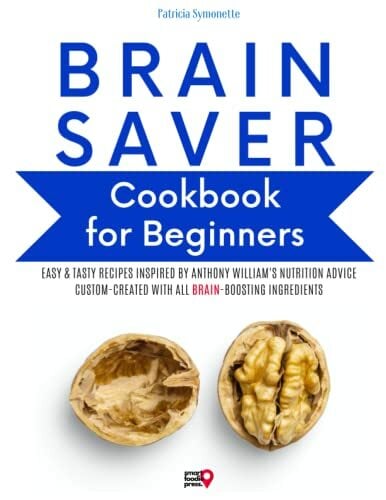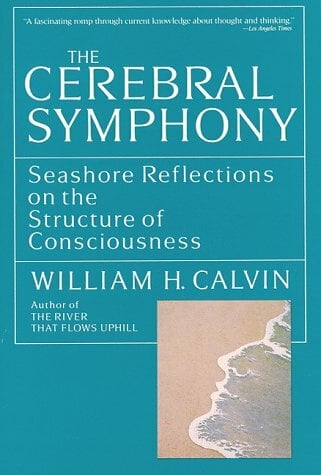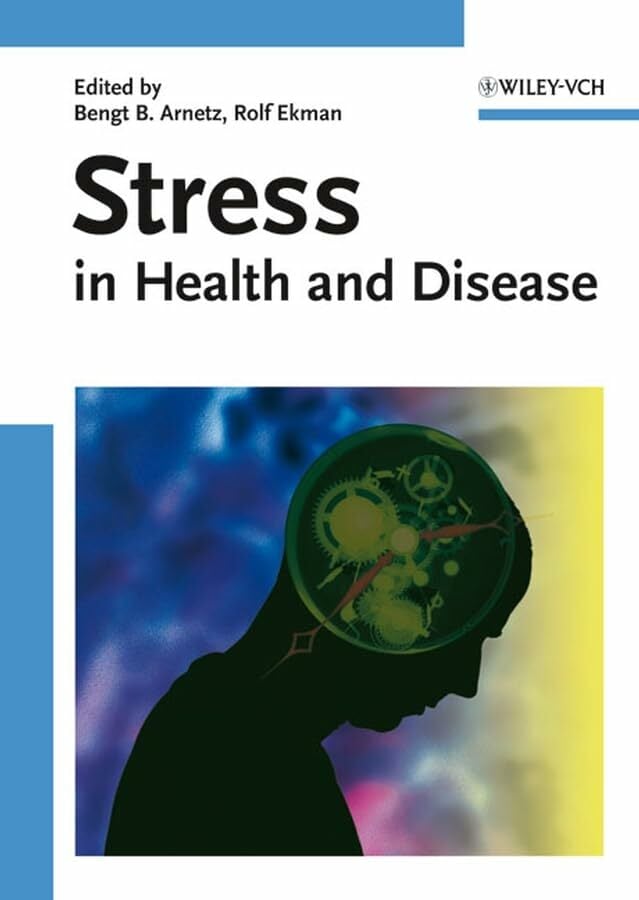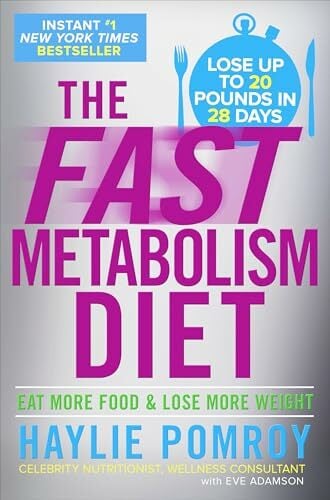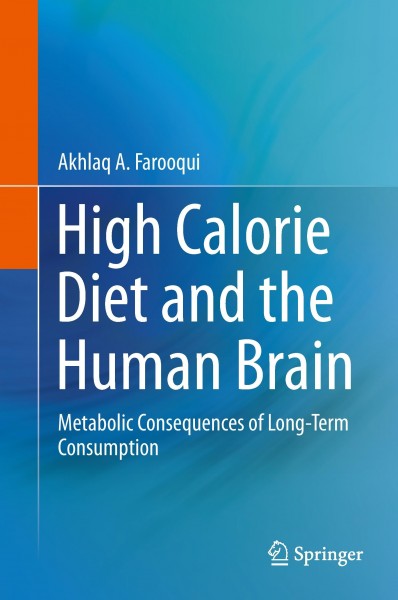
High Calorie Diet and the Human Brain
Kurzinformation
inkl. MwSt. Versandinformationen
Artikel zZt. nicht lieferbar
Artikel zZt. nicht lieferbar

Beschreibung
The purpose of this monograph is to present readers with a comprehensive and cutting edge description of neurochemical effects of diet (beneficial and harmful effects) in normal human brain and to discuss how present day diet promotes pathogenesis of stroke, AD, PD, and depression in a manner that is useful not only to students and teachers but also to researchers, dietitians, nutritionists and physicians. A diet in sufficient amount and appropriate macronutrients is essential for optimal health of human body tissues. In brain, over-nutrition, particularly with high-calorie diet, not only alters cellular homeostasis, but also results in changes in the intensity of signal transduction processes in reward centers of the brain resulting in food addiction. Over-nutrition produces detrimental effects on human health in general and brain health in particular because it chronically increases the systemic and brain inflammation and oxidative stress along with induction of insulin resistance and leptin resistance in the brain as well as visceral organs. Onset of chronic inflammation and oxidative stress not only leads to obesity and heart disease, but also promotes type II diabetes and metabolic syndrome, which are risk factors for both acute neural trauma (stroke) and chronic age-related neurodegenerative and neuropsychological disorders, such as Alzheimer disease (AD), Parkinson disease (PD) and depression. von Farooqui, Akhlaq A.
Produktdetails

So garantieren wir Dir zu jeder Zeit Premiumqualität.
Über den Autor
Akhlaq A. Farooqui is a leader in the field of signal transduction processes, lipid mediators, phospholipases A2, glutamate neurotoxicity, phytochemicals and human health and neurological disorders. He has published cutting edge research on the role of phospholipases A2 in signal transduction processes, generation and identification of lipid mediators during neurodegeneration by lipidomics and has studied the involvement of glycerophospholipid, sphingolipid- and cholesterol-derived lipid mediators in kainic acid neurotoxicity, an experimental model of neurodegenerative diseases.

- paperback -
- Erschienen 2000
- FisicalBook

- paperback
- 288 Seiten
- Erschienen 2011
- Hamlyn

- paperback
- 260 Seiten
- Erschienen 2013
- CHANGING LIVES

- Gebunden
- 222 Seiten
- Erschienen 2017
- Pantheon Verlag

- hardcover
- 280 Seiten
- Erschienen 2011
- Hudson st Pr

- paperback
- 160 Seiten
- Erschienen 2011
- Oxmoor House

- hardcover
- 352 Seiten
- Erschienen 2003
- Mcgraw-Hill Professional

- Hardcover
- 278 Seiten
- Erschienen 2024
- HarperOne

- spiral_bound
- 150 Seiten
- Erschienen 2011
- Riva

- hardcover
- 280 Seiten
- Erschienen 2008
- Springer

- paperback
- 144 Seiten
- Erschienen 2008
- Südwest Verlag

- hardcover
- 466 Seiten
- Erschienen 2011
- CAMBRIDGE UNIV PR

- hardcover
- 348 Seiten
- Erschienen 2015
- Springer Spektrum







